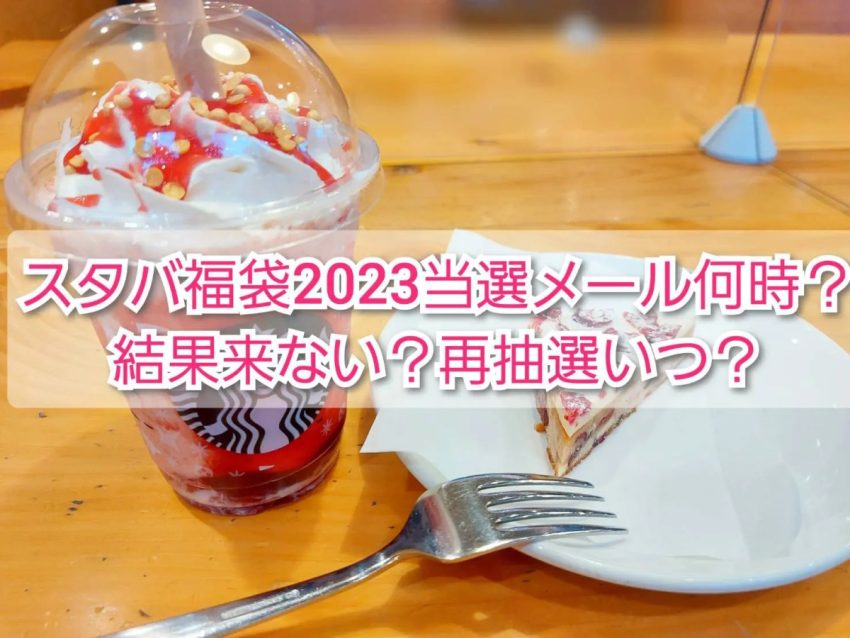からぴちツイッターじゃぱぱ?― Exploring Japan’s Unique Twitter Slang
Social media has become an integral part of our lives, connecting people from all around the world. With its immense popularity, it’s no surprise that various platforms have given birth to their own unique language and slang. One such example is the fascinating Twitter slang used in Japan, with “からぴちツイッターじゃぱぱ” being a prominent phrase. Let’s delve deeper into this peculiar phrase and explore some other notable Twitter slang from Japan.
Starting with “からぴちツイッターじゃぱぱ,” the phrase is a combination of several different words that originated from Twitter, representing a playful way of expressing oneself online. Each element has its own meaning:
1. “から” (kara) comes from the Japanese word meaning “empty.” On Twitter, it is used to imply a sense of loneliness or lack of engagement.
2. “ぴち” (pichi) stands for “pitch,” as in the pitch a soccer ball follows as it travels through the air. In this context, it signifies a level of excitement or engagement.
3. “ツイッター” (tsuittā) is simply the Japanese pronunciation of “Twitter.”
4. “じゃぱぱ” (japapa) is a Japanese abbreviation for “Papa” or “Dad.” In this context, it refers to a person who frequently uses Twitter and is knowledgeable about its slang.
When combined, “からぴちツイッターじゃぱぱ” represents someone who is highly engaged and energetic while using Twitter. It’s a playful way of describing oneself as a devoted Twitter user who is always active on the platform. The phrase gained popularity among young users in Japan and has become a part of the country’s Twitter culture, with many users adopting it in their profile descriptions or as part of their usernames.
Beyond “からぴちツイッターじゃぱぱ,” there are other interesting Twitter slang terms and phrases that have emerged in Japan:
1. “RT” (リツイート, ritsuitō) – Short for “Retweet,” this term signifies spreading someone else’s tweet by sharing it with your followers.
2. “草” (くさ, kusa) – Translated as “grass,” it represents laughter in response to something funny. It’s equivalent to “LOL” or “ROFL” in English.
3. “FF” (フォローフォロー, forō-forō) – Abbreviation for “Follow Friday,” a Twitter tradition where users recommend accounts to follow on Fridays. Users will often create a list of Twitter handles with the hashtag #FF.
4. “ツイ廃” (ついはい, tsuihai) – This term describes someone addicted to Twitter, spending a significant amount of their time on the platform.
5. “空気読め” (くうきよめ, kūki yome) – Translated as “read the room,” it’s a phrase used to call out someone who is not paying attention to the overall sentiment or atmosphere of a conversation.
These are just a few examples of the unique Twitter slang that has emerged in Japan. Social media platforms, Twitter included, have a remarkable ability to shape and create language. Through this language, users can express their personalities, emotions, and interests.
So, the next time you come across terms like “からぴちツイッターじゃぱぱ” or any of the aforementioned slang on Twitter, you can feel a little more knowledgeable about the fascinating world of Japanese Twitter culture. It’s yet another reminder of how language is ever-evolving, adapting to the digital era and bringing people closer together, even across cultural boundaries.
